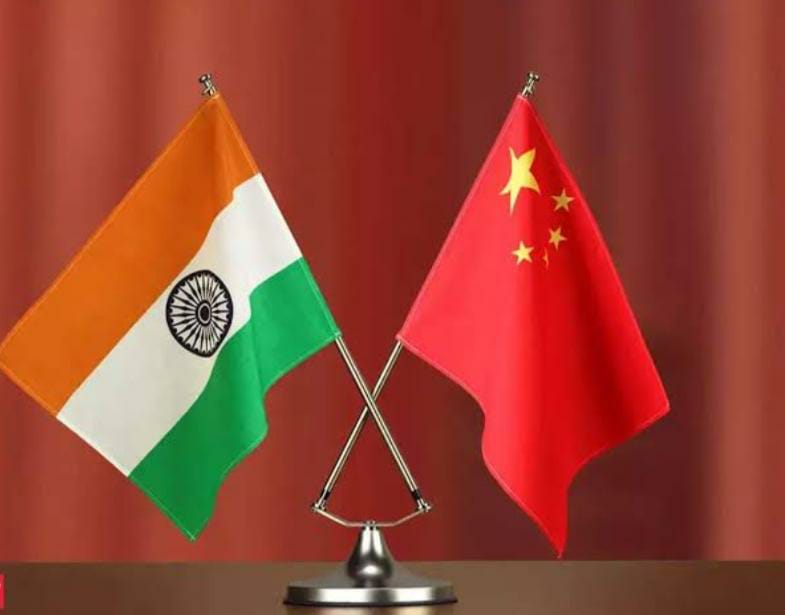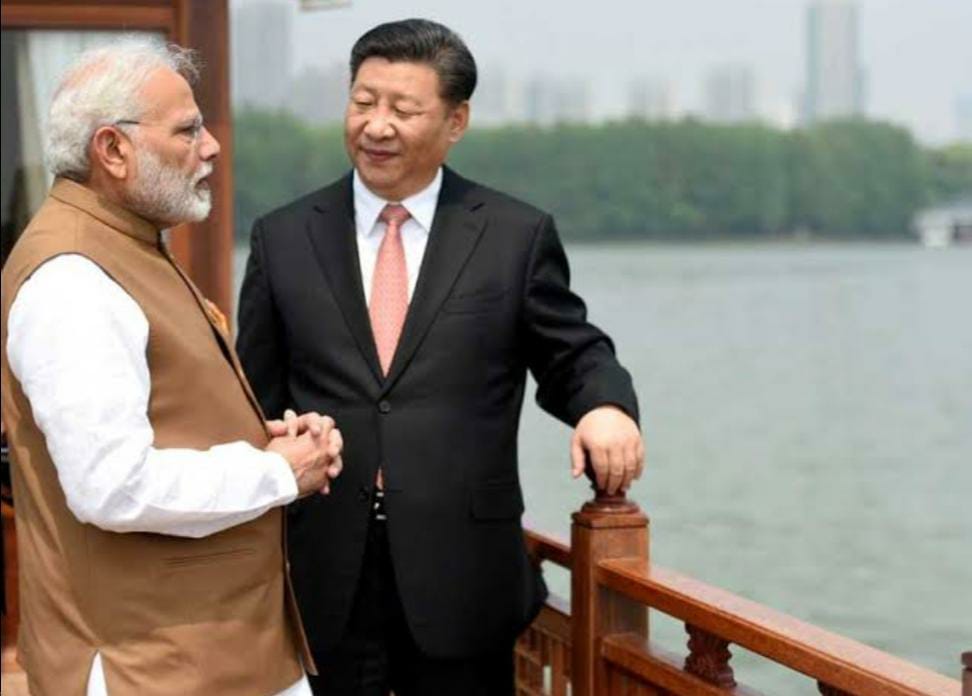The tie between India and China has generally shown a recent recovery as both territories have maintained connections and effectively tackled their differences. China’s Foreign Minister Wang Yi told his Indian counterpart S Jaishankar during the meeting in Bali in July. During the one-hour session on the sidelines of a conclave of foreign ministers of the G20 nations, Jaishankar transferred to Wang in the requirement for an early resolution of all outstanding problems along the Line of Actual Control in eastern Ladakh and asserted that bilateral ties should be based on shared respect, mutual sensitivity and common interest.

India and China have maintained communication and effectively managed differences and exchanges, and the bilateral relations have generally “shown a momentum of recovery.” China and India, he said, share mutual interests and similar legitimate claims. On the bilateral issues, Wang said both the countries should take practical actions to implement the critical consensus of the two country’s leaders that both territories are not each other’s ultimatum but the cooperation partners and development opportunities.

He also said both countries should push themselves for the short-term return of the bilateral relations to the right track and light up other ties. Both the countries on the Ukraine issue, Wang said that the world is undergoing profound modification unseen in a century. Major countries like China and India will not go with the flow but are destined to uphold strategic determination, achieve their individual development and revitalisation following the established goals, and make more significant contributions to the future of humanity.
Wang said China appreciates India’s support for hosting the BRICS meetings and the pro-level Dialogue on Global Development in June. It will maintain India’s work in 2023 as the next rotating chair of the G20 countries and the Shanghai Cooperation Organization. Noted that both territories shared their views in areas ranging from safeguarding peace and security, boosting economic recovery, and improving global governance, to jointly combating COVID-19, Wang said they should boast up coordination and cooperation and join efforts to make international connections more democratic, international order fairer, the developing countries’ voices to be considered more and their legitimate interests better maintained.
The two sides have been convinced to follow the mutual understandings and agreements signed by both and completely resolve problems related to the Western sector of the China-India boundary in line with the principle of joint and same security. India and China are each other’s, essential neighbours. Both the sides have the will and capability of jointly supporting peace and tranquillity in the China-India border areas,” he said. The border standoff between the Chinese and Indian militaries erupted on May 5, 2020, following a violent clash in the Pangong lake area.
The face-off escalated after the Galway Valley clashes on June 15, 2020. Both sides gradually enhanced their deployment by rushing in 10,000 soldiers and heavy weaponry. As a conclusion of a series of military and diplomatic talks, both sides completed the disablement process last year on the north and south banks of the Pangong lake and in the Gogra area

